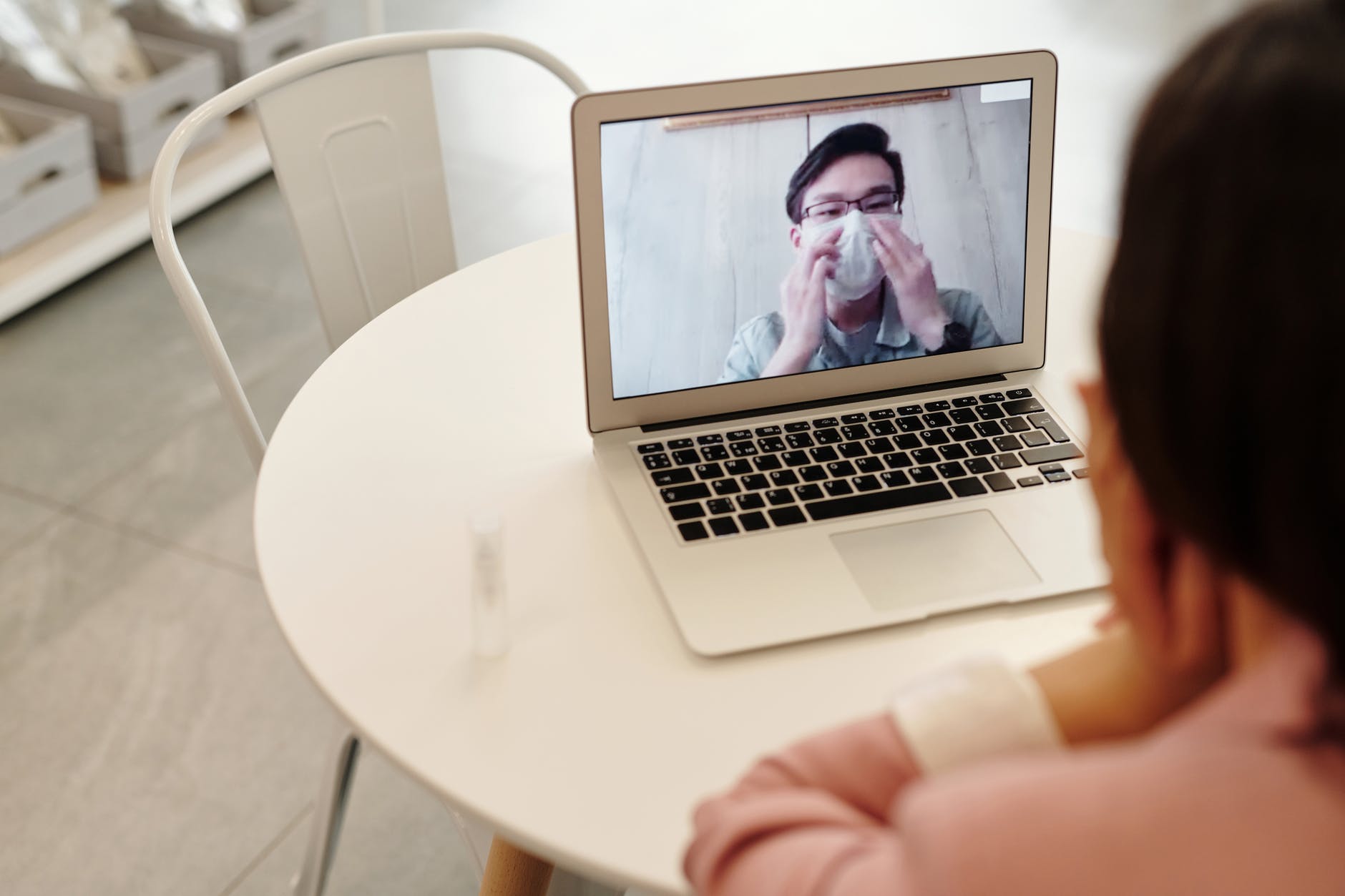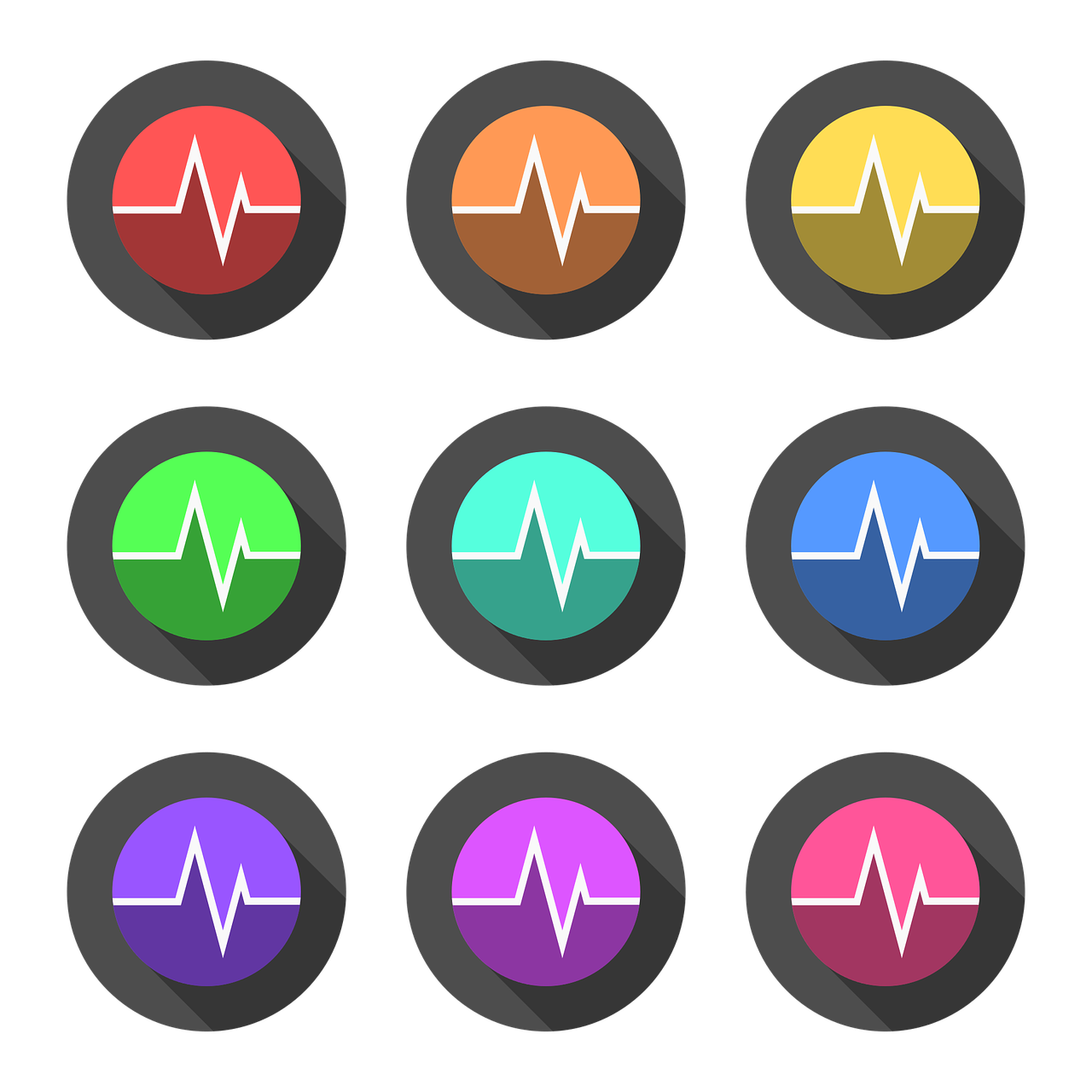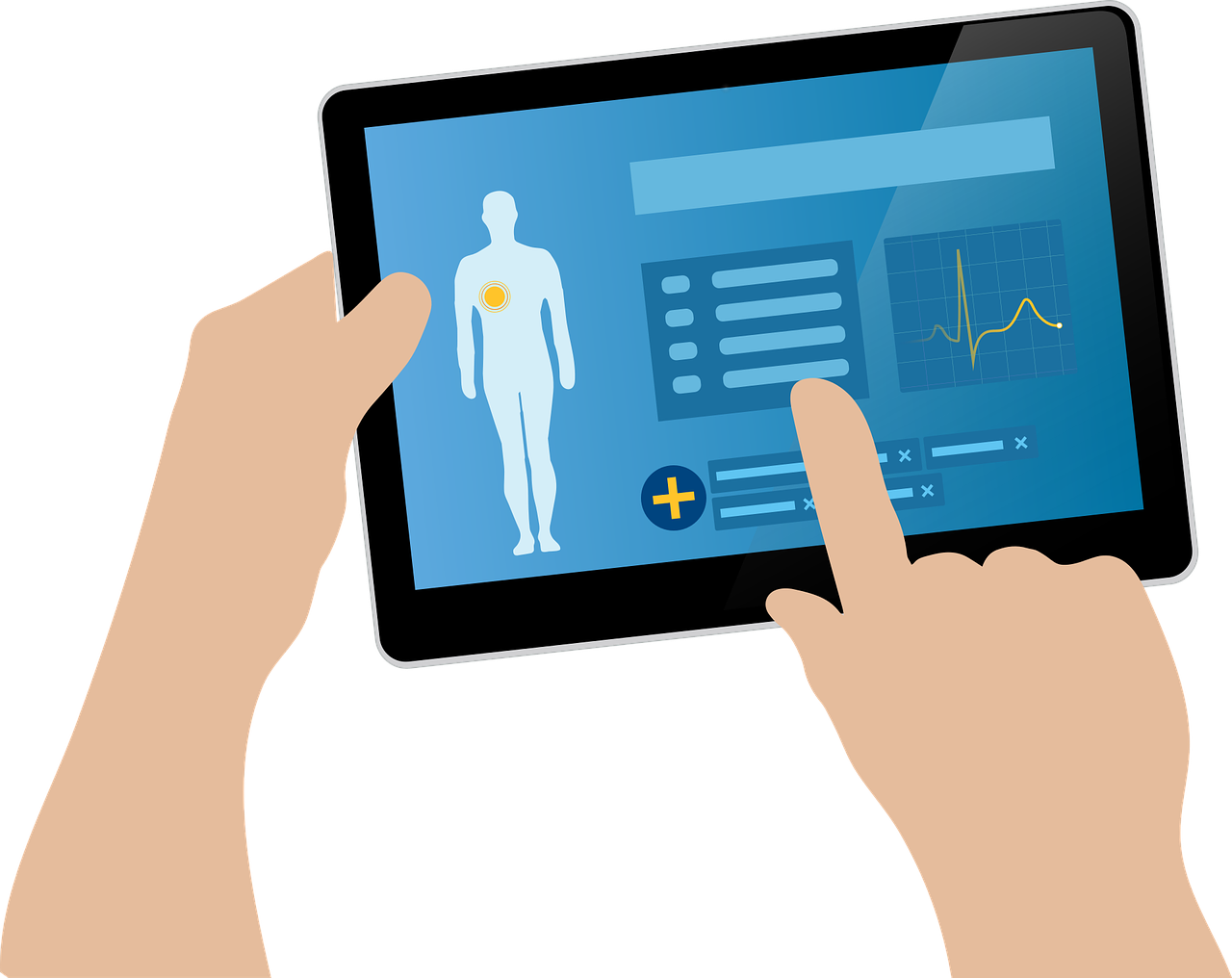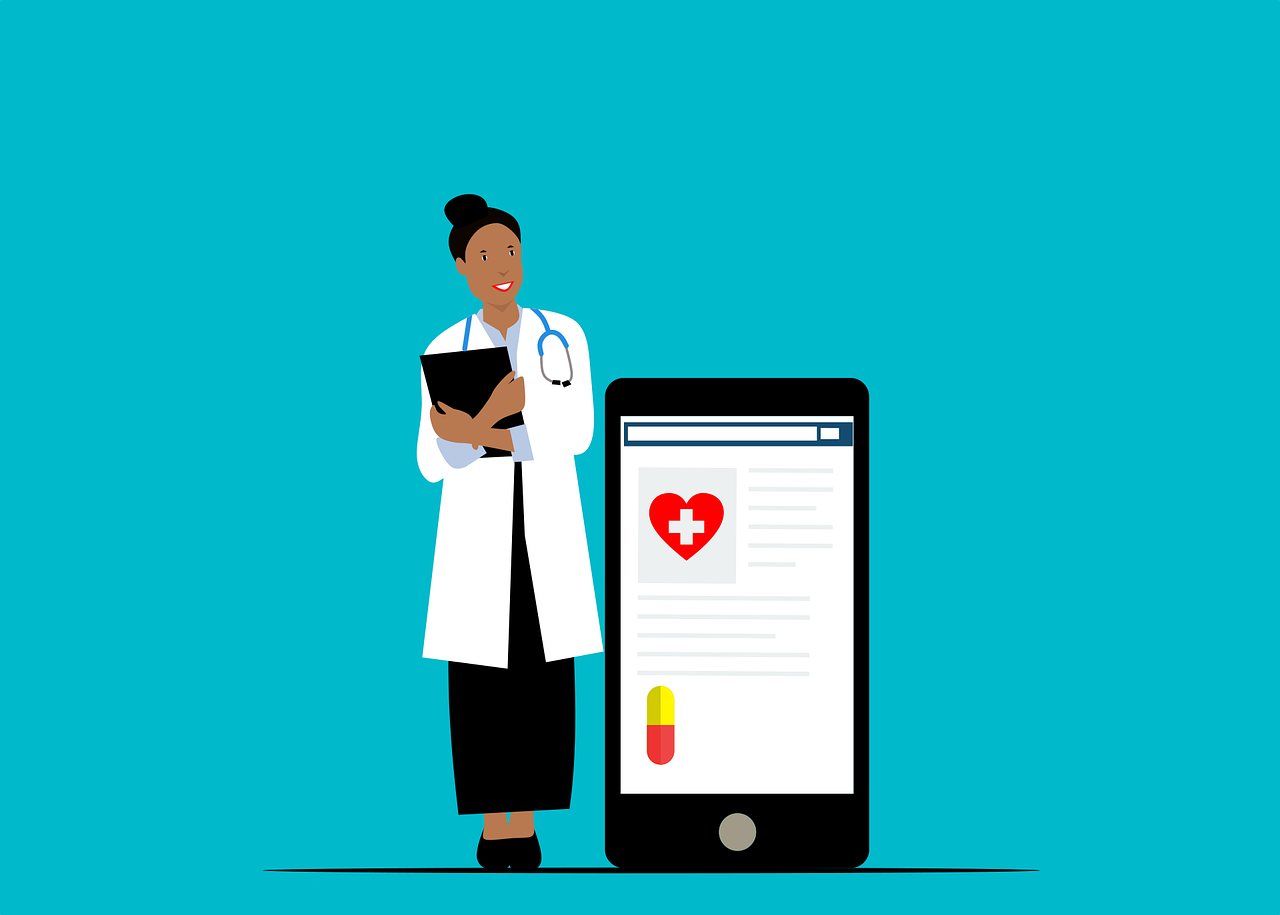Are your Telemedicine apps secured? Read on to find out.
In the wake of the pandemic lockdown, a sudden surge in the use of Telemedicine apps is seen. The availability of the easier healthcare option, where, irrespective of the distance, a patient can get himself treated virtually through an app using video call and other advanced tech features has acted as a blessing for the citizens of many countries who are locked in their homes due to “stay at home” orders by the government.
As the numbers in the reports indicate, the use of these apps has doubled among Americans, while Canadians are also embracing them with open arms. The predictions for the Telemedicine market aim to increase its consumption to reach $130.5 billion by 2025.
However, as we all know, the more the app is used, the higher the chances of a data breach and cybersecurity threats. So, as the competition for the best Telemedicine app increases in the market, ensuring a precise check on its security measures needs to be a center point for an app to survive in the market.
To ensure your Telemedicine apps are safe for your customers, consider the following factors in terms of safety, followed by some key security measures for Telemedicine apps.
Table of Contents
Key Areas In Telemedicine Apps That Need Security
- Audio or video call information: Telemedicine utilizes video and audio call facilities, allowing patients to share their concerns. Verification of whether there is no glitch in the connection that could allow a third party to listen to the conversation during the call, or once the call is over, is indeed necessary.
- Process of data transfer: Medical reports, chats, and patients’ personal information are exchanged between Telehealth workers during treatment. Ensuring this data is transferred through a secure network under solid encryption is a crucial aspect to be taken care of in a Telemedicine app. Not to mention forensics can also be implemented.
- App Database: The next on the list is the Telemedicine database, where a vast amount of patient health records are stored. This data should be stored in a secure, structured format and not in a way that reveals the patient’s identity, and must only be accessible by authorized admins.
- Payment gateways: As Telemedicine apps treat patients online, payments to doctors are also transferred using various payment methods. Securing your app payment gateways by double-layer verification or biometric authentication is essential for your users’ safe money transfer.
READ ALSO: How To Start An Insurance Business
Moving forward, let’s examine some essential security checks for a Telemedicine app.
Security Measures To Keep In Mind While Developing A Telehealth App
1. Ensure endpoint security
Telemedicine apps can be installed and used on various devices, including laptops, tablets, and mobile phones. During the online diagnosis process through video calls and chat messages, each of these devices is connected to different networks, leaving a chance of data breaching through any of the endpoint devices.
Controlling the amount of data accessed from a device thus becomes essential. Introducing and implementing an advanced EDR system in your app development process helps detect malicious activities on devices connected to endpoints through 24/7 monitoring of the nodes. These advanced EDRs are capable of ensuring security in remotely connected devices by enabling immediate action to prevent malware from entering and spreading within the system.
2. HIPAA/PIPEDA Compliance
HIPAA/PIPEDA Compliance is the mandatory and most basic security check for a Healthcare application to become eligible for public use.
With this compliance ensuring the proper use of personal health information of the users, matching the standards defined by the industry experts becomes a must.
Some of these must-know rules of HIPAA compliance are:
- Data security: Only authorized and registered users can access the ePHI; proper security terms must be defined to safeguard against unauthorized parties.
- Strict ePHI communication monitoring devices: In order to avoid any data breaches, HIPAA requires the app owner to implement such mechanisms to monitor the ePHI communication to prevent an accidental or malicious attack.
- Secure channel for communication: The use of Skype, SMS, and email is highly prohibited as a medium for Telehealth checkups. To maintain the integrity of ePHI, implementing a secure communication system is essential.
Policies, security terms, and procedures like these are the benchmark for a full-fledged app to ensure a safe launch in the market.
READ ALSO: Integrate Your Calls To CRM System
3. Opt for App insurance for Cybersecurity
As we take insurance for our lives and businesses, why not for our app security? With options like Cybersecurity insurance for applications that come with business insurance, there is comprehensive financial coverage for any mishaps involving digital services.
Opting for the right cybersecurity policy can help stop any possible data breaching attack by providing protective software, and also includes employee training and other IT support.
This policy includes the costs of legal security work, forensics, public relations as well as data monitoring costs of the application. Such insurance is a significant step to ensure safety in terms of both the app and finances in the event of a cyber attack.
Read Also: How To Prevent Bluetooth Hacking
4. Data Encryption and Network Access Control
As there is a considerable amount of patients’ sensitive data being transferred through Telemedicine apps, confirming the safety during data transfer and data storage is thus acts as an essential aspect.
Use of the technology platforms that use high data encryption models that prevent the unauthorized user from even having an accidental look at your data or an intelligent hacker from getting access to your transferring communication to tweak it. Data transfer through email, Skype, or FaceTime is not advisable for use in Telehealth apps.
When it comes to data transfer, using a virtual private network (VPN) is considered the most secure communication channel for transferring sensitive data, as the data is encrypted and transmitted through a secure and appropriate channel. VPNs mitigate the chances of any potential system vulnerabilities.
Apart from that, NACs are also a great security form that utilizes micro-segmentation techniques, tracks and monitors devices, and sets access limits.
READ ALSO: Difference Between Bitcoin And Bitcoin Cash – Which Is Safer?
5. Self-hosting your telemedicine app
Your app is said to be 100% safe if it doesn’t have any dependencies on third-party software. Relying on the other systems needs delegation of your app data, which could one or the other way, be the reason for the glitches in data security.
Hosting your app on your server or storing your data on your purchased cloud space is the easiest way to ensure safety, as you are the only one authorized to access the data.
Allowing your users to access telemedicine apps through Google or Facebook increases the external risk of security and privacy hindrances. Moreover, by opting for a white-label solution, you will get your app ready with your branding and suitable customization.
Security Hacks To Ensure Your Telemedicine Apps Are Safe To Use: Frequently Asked Questions
How secure are telemedicine apps?
Security varies by app. Look for features like:
- HIPAA compliance ensures data privacy and security in accordance with regulations.
- Encryption: Protects data in transit and at rest (AES-256 or higher).
- Multi-factor authentication: Adds an extra layer of login security.
- Regular security audits demonstrate a commitment to ongoing security improvements.
What information do telemedicine apps collect?
Apps may collect personal and health data, such as name, address, medical history, and diagnoses. Review the app’s privacy policy to understand what data is collected and how it’s used.
How can I protect my data when using telemedicine apps?
- Use strong, unique passwords and enable multi-factor authentication.
- Only download apps from official app stores.
- Avoid using public Wi-Fi for telemedicine consultations.
- Keep your app and device software updated.
- Be cautious about sharing too much personal information.
READ ALSO: 7 Odd Signs That Your Website Has Been Hacked
What are some red flags to watch out for?
- Apps lacking clear privacy policies or security information.
- Unfamiliar app developers or unknown app stores.
- Apps requesting excessive permissions.
- Unusual glitches or bugs in the app.
What should I do if I suspect a security breach?
- Immediately change your password and report the breach to the app developer and relevant authorities.
- Monitor your accounts for suspicious activity.
Are there any alternative ways to access telemedicine services?
- Consider using web-based platforms instead of mobile apps.
- Look for telemedicine providers that offer secure video conferencing options.
READ ALSO: How To Sell A Domain Name Fast
Summing Up…
Telemedicine apps are here to stay. The facility to get the treatment while sitting in the home has made it more popular with the lockdown announcement.
As the use of these apps increases at a rapid pace, ensuring the safety of patient data is a concern that needs to be addressed. Implementing the hacks mentioned above before developing a telemedicine app can be a great way to launch a secure and safe app for your users.
- The Importance Of Cybersecurity In Business
- Internet Safety Rules Checklist [MUST READ
- How To Remove Apps On Android And iOS Devices
- Top Cybersecurity Trends Every Web Developer Should Expect In 2020
- 5 Reasons Why You Should Go Cashless Now
- 10 Best Safety Tips for Online Shopping
- 15 Best Antivirus For A Basic Laptop [Must Read]
- Top 6 Hacks To Secure Your eCommerce Site Against Cyber Threats
About the Author:
John Raymond is a cybersecurity content writer, with over 5 years of experience in the technology industry. He is passionate about staying up-to-date with the latest trends and developments in the field of cybersecurity, and is an avid researcher and writer. He has written numerous articles on topics of cybersecurity, privacy, and digital security, and is committed to providing valuable and helpful information to the public.










